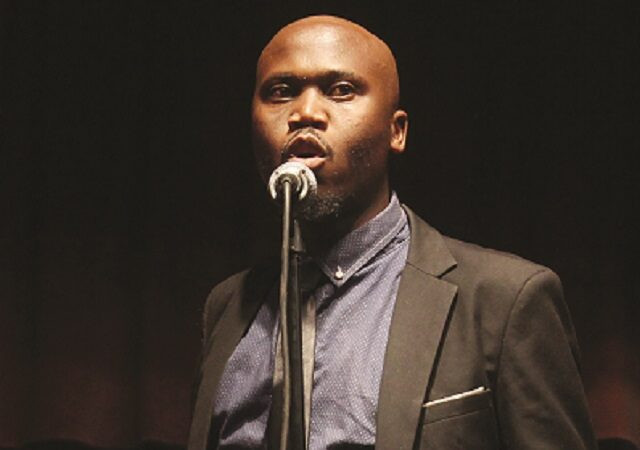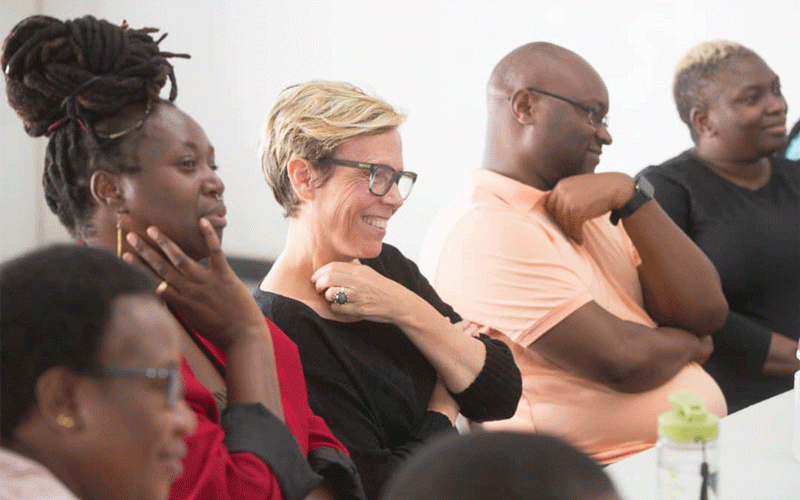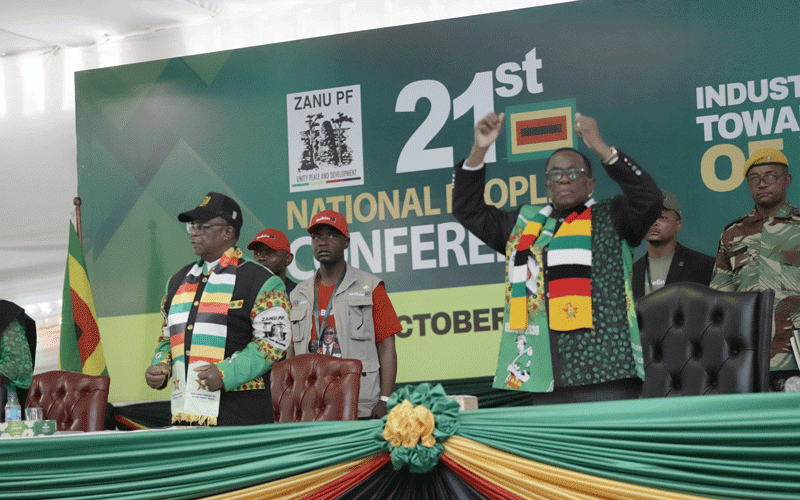
COMEDIAN Ntando Moyo (pictured) has poked fun at Bulawayo deputy mayor Edwin Ndlovu and Mpumelelo Moyo over their recent corruption allegations.
The Zimbabwe Anti-Corruption Commission (Zacc) arrested the two last Friday.
Ndlovu and Moyo allegedly demanded US$20 000 from Labenmon Investments as payment for facilitating approval for land to set up a cement mixing plant.
Circumstances are that sometime in November 2023, Tsitsi Mapfumo from Labenmon Investments made an application, without success, for 10 hectares of land to the Bulawayo City Council for a cement mixing plant.
Labenmon Investments resubmitted the application in April 2024 and was offered 5,6 hectares.
After Labenmon Investments received an offer letter, the accused persons allegedly approached Mapfumo demanding a reward of US$20 000 cash on behalf of other 20 Bulawayo City Council councillors for facilitating the approval.
A report was made to Zacc leading to Ndlovu and Moyo’s arrest.
Ntando humorously staged fake calls to a “school of corruption” questioning their curriculum. He satirically suggested that the southern region's marginalisation was so severe that even criminal and corrupt activities were overlooked.
Ntando’s comedic routine highlighted the stark contrast between the perceived scale of corruption in Harare, involving substantial sums of money and mineral resources, and the seemingly smaller-scale corruption in Bulawayo.
This underscores the notion that Matabeleland’s marginalisation extends to all aspects of development, including the allocation of resources and attention to issues of governance and accountability.
Matabeleland’s marginalisation is a complex issue with roots in historical and political factors. Some argue that the region has been systematically disadvantaged since Zimbabwe's independence, with resources and development opportunities disproportionately allocated to other parts of the country.
Ntando's satire highlights the ongoing struggle for recognition and equitable treatment for Matabeleland.
By drawing attention to the region's marginalisation in a humorous way, he encourages critical thinking and calls for greater awareness of the issue.










